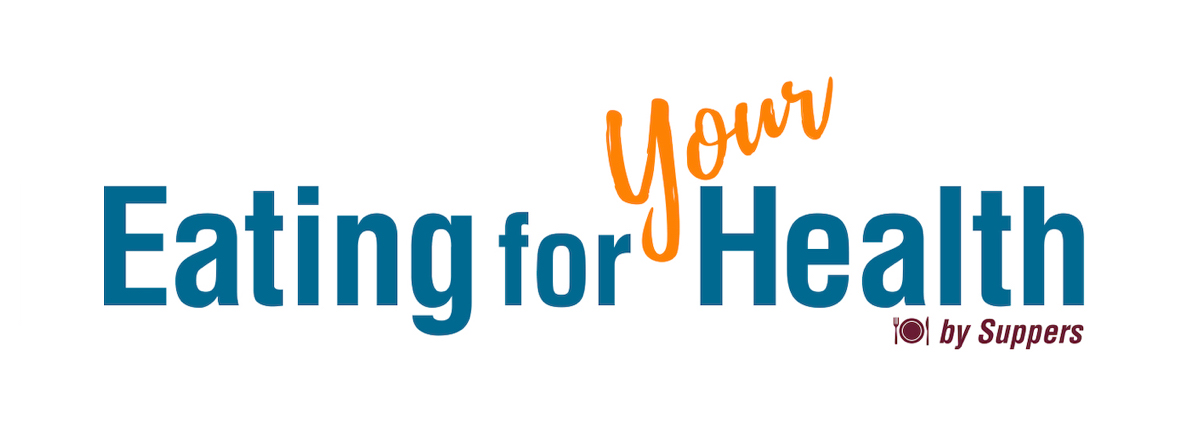Joni’s Second Story: Closing the Gap
Through the miracle of Suppers the Reuben sandwich I ate in a moment of weakness was transformed into a bonified act of Nutritional Harm Reduction, a cause for celebration, not for feeling ashamed. The discussion at the table started with “Your brain is smarter than you are,” a document that makes a case for self-forgiveness and self-acceptance by describing how our urgent impulses to eat are greater than our willpower and for very good reasons.
